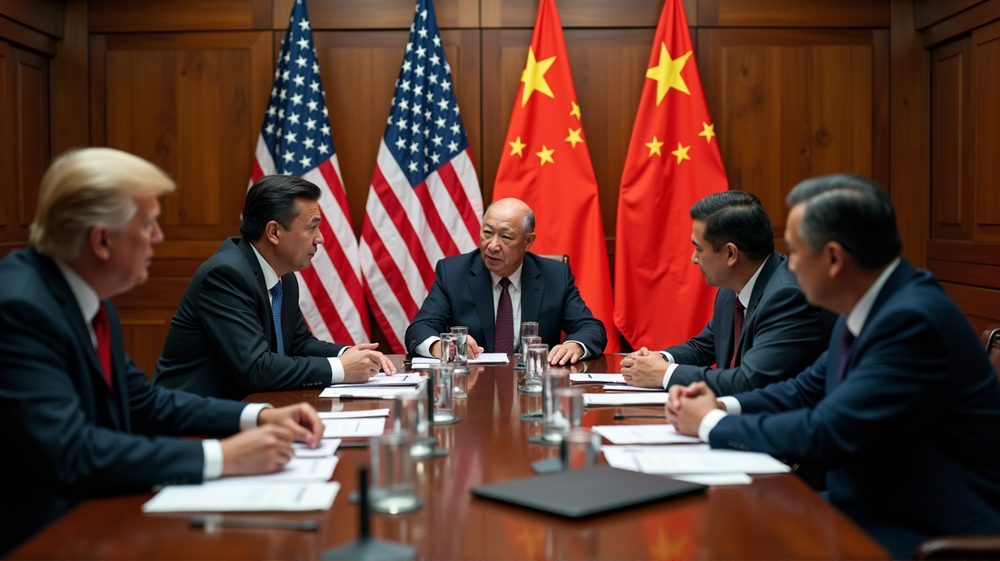In an unexpected and unprecedented move, the United States has enacted a directive prohibiting its personnel stationed in China, as well as their families and security-cleared contractors, from forming romantic or sexual associations with Chinese nationals. The sweeping policy, initiated by former US Ambassador Nicholas Burns, underscores a broader strategy to shield against potential espionage threats.
Comprehensive Coverage Across Diplomatic Hubs
The policy extends across all US embassies and consulates within China, including pivotal locations such as Beijing, Guangzhou, and Shanghai. However, according to GreekReporter.com, this directive remains exclusive to China and doesn’t impinge upon US staff working elsewhere globally.
A Legacy of Cold War Security Measures
The newly intensified directives reflect an enduring vigilance reminiscent of Cold War practices. This historical parallel is marked by instances when diplomatic protocols forbade personal ties due to espionage concerns, notably after a US Marine fell prey to Soviet espionage.
Dangers of the “Honeypot” Tactic
Foreign espionage techniques often exploit personal relationships to gather sensitive information. Those stationed in China undergo rigorous briefings, narrated with real-life instances to manifest the tangible risks associated with romantic liaisons, often deemed “honeypot” scenarios.
Implications and Repercussions
US personnel already involved with Chinese individuals must seek authorization to continue their relationships or otherwise conclude them, prompting a significant personal and professional crossroads. Denial results in the immediate termination of their China assignment, reflecting the high stakes involved.
Parallel Constraints within China
Concurrently, China maintains strict regulations on its civil servants, often subjecting them to travel restrictions and prohibiting foreign romantic entanglements. Military personnel frequently require special permissions for international travel, illustrating mirrored security concerns.
Expert Insights on Security Risks
Peter Mattis, once part of the CIA intellectual cadre, emphasizes that the burden of information goes beyond governmental bounds in China, where even ordinary citizens might be coerced into intelligence roles, enhancing the potential risks involved with US connections.
The enactment of this policy marks a dialectical chapter in US-China relations, with long-reaching implications poised to define future diplomatic interactions.













